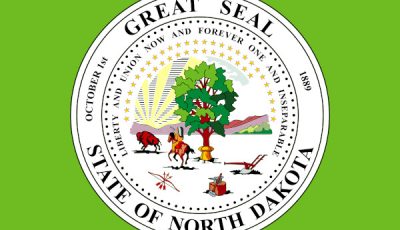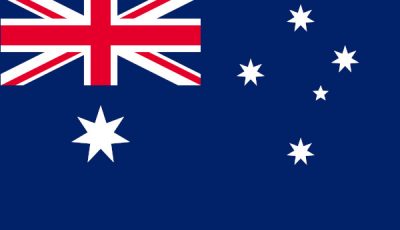Reminder: Porn Isn’t the Only Bad Stuff Online
 MOSCOW – About 10 years ago, give or take, I participated in a panel discussion at an adult trade show when a man in the audience got worked up in a way I’ve rarely seen during one of these routine, generally tame Q&A sessions.
MOSCOW – About 10 years ago, give or take, I participated in a panel discussion at an adult trade show when a man in the audience got worked up in a way I’ve rarely seen during one of these routine, generally tame Q&A sessions.
In the middle of asking a leading question about what more adult website operators could do to prevent kids from accessing our sites, I could literally see this guy’s ire spiking in front of me, just by reading his steadily intensifying body language.
Pointing his finger at the panel, the man grew red in the face and demanded to know why adult internet businesses “aren’t doing anything” to prevent minors from downloading our sick, evil, youth-ruining porn.
The more patient members of the panel calmly explained their efforts to register with various content-filtering software companies, the meta tags they used to make their sites easy for such software to spot and other things along those lines.
When the mic was passed to me, I offered some food for thought that probably didn’t encourage the man’s hammering pulse to slow down, but which I still stand by all these years later.
“It’s also possible the internet just isn’t a good place for your kids to hang out,” I said, shrugging. “Because if you think porn is the worst thing your kid will find on the web, or the only kind of online content about which you should be concerned, all this says to me is you’re not particularly familiar with the internet.”
Sure, this was a smug and prickly thing to say, and admittedly I said it with more condescension in my voice than was called for, but at its core it was (and remains) the cold, hard, unvarnished truth.
In my defense, every so often an analysis that underlines my point is published .
We can debate the validity of these reports on a granular level or deride the veracity of their source (especially when the source is Kaspersky, given some of the sensational claims that recently have come out about the firm), but can anyone reasonably dispute the idea there’s more to kid-unsafe internet content than countless hours of hardcore porn?
In its report, Kaspersky looked at the seven most popular areas for kids to access (or try to access), as measured by the company’s content-filtering software.
A quick glance at a chart included in the report reveals something that might come as a surprise to a lot of people: In most of the geographies represented in the report, less than 1.5 percent of the access attempts involved adult content. (Asia has the highest percentage of such attempts at 5.5 percent, while in the U.S. and Canada the ratio is 0.79 percent.)
Unsurprisingly, at least for those familiar with broader internet-usage metrics, the top activities among minors, according to the report, include internet-based communication, use of video-gaming apps/platforms, downloads of software, music and (non-porn) video and online shopping. Another online actively that is big with the kids these days, evidently, is seeking information about alcohol, tobacco and narcotics.
The best news here, I think, is kids trying to access things like hate websites and pages maintained by extremist political movements is nowhere to be found in Kaspersky’s report.
What might not give comfort to a lot of parents is their kids’ apparent interest in narcotics — a good percentage of which probably doesn’t represent a purely academic or scientific curiosity.
It’s just one report, of course, and may not accurately reflect the internet-usage habits of kids around the globe. If nothing else, though, the Kaspersky data should suggest to parents, lawmakers and child welfare activists that if their concern for the online safety of minors is more than a convenient excuse to rip on internet pornographers, they might be wise to include some worry about just plain “blow” to go with their concern about blowjobs.
Beyond being a “series of tubes,” the internet is also the closest thing humanity has ever had to a true “free market of ideas.” Inevitably, some of these ideas are going to be very bad ideas, like building homemade bombs, joining ISIS, distributing naked pictures of your ex-girlfriend or posting racist comments on social media in your capacity as an elected representative.
Ultimately, it’s simply not feasible for parents (or anyone else) to shield kids from every bad idea expressed on the internet, just as it has never been possible to do so for bad ideas published in books and magazines and on the walls of public restrooms.
No, the internet didn’t create the problem of impressionable people accessing bad ideas. It just revealed and emphasized the issue in a most efficient and easily-identified way.
The best we can do, the best we have ever been able to do, is to put bad ideas in context, to offer guidance (which often will be ignored, naturally) and to accept that despite our best efforts, kids and other impressionable souls will, in fact, sometimes act on the very worst ideas available to them.
No content filter, meta tag protocol or federal regulation ever is going to change this fact, regardless of how red your face gets as you huff, puff and shake your fist at the cloud.
Photo ©2016 by lisaleo.
One Comment
Leave a Reply
You must be logged in to post a comment.














Pingback: Reminder: Porn Isn’t the Only Bad Stuff Online – TripleXers Blog